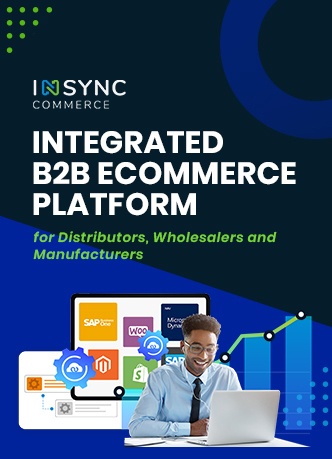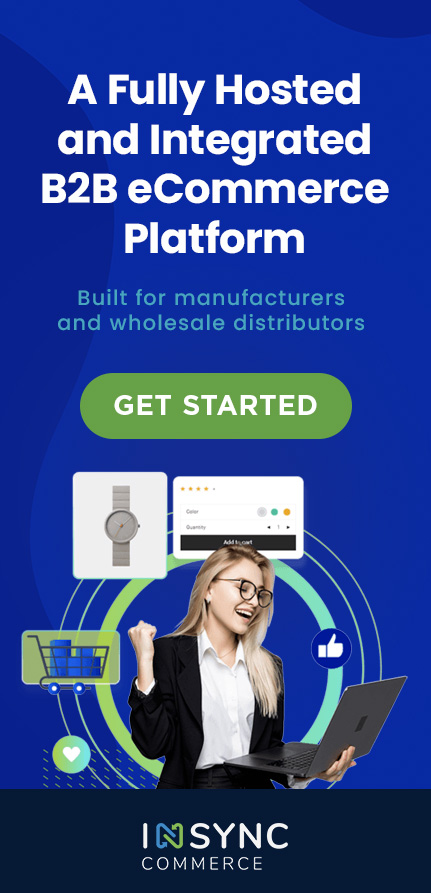
Whether you are an established offline retailer planning to go online or a startup wanting to begin with online presence, you have the option of selling on generic marketplace sites like eBay, SBI Card MegaMall, HDFC SmartBuy, specialized ones like ladyblush, nethaat, etc. The alternative is to build your own retail shop online which requires significant time, money, and technical skills.
This article will discuss how to select a marketplace and whether it is even a good idea.
Why Choose the Marketplace
There are many advantages of using a marketplace:
- Potential Customers: The online marketplaces have an existing customer base and traffic that can reduce the cost of marketing for a new venture such as yours.
- Minimum Technical Knowledge Required: You need minimal technical knowledge to build your store on these sites. That can be a big plus if you don’t have easy access to technical skills.
- Fast Time to Market: You can get online very quickly once you decide to list as a merchant on one of the marketplaces. This is a very big advantage if there is already a demand for your product in the market.
And some disadvantages:
- Non-exclusivity: Your own site brings exclusivity to your brand and your products. However, in a marketplace, there may be many similar merchants on the same marketplace. Also, there may be restrictions in terms of branding elements (colors, fonts, graphics, placement, etc.) to ensure consistency of the marketplace, and this may further restrict your ability to differentiate.
- Competition: On your branded store, the visitor sees only your products; there is no competition. However, on a marketplace, a competitor is usually one search away, and for sites like ebay, same search will show products from competitors side by side, thus making the competition and pricing pressure very intense.
- Cost: Almost all marketplaces charge on a per transaction basis. It could range from 5% to 20% (and more sometimes). The payments made to the marketplace site are a recurring cost but in case of your own branded store, you just have a high fixed cost. Depending on your volume, you might end up paying a lot to the marketplace.
What to Look For When Choosing a Marketplace
Signing up with a marketplace is easy but there are a few criteria for selecting a marketplace to go with:
- Selection: Study various marketplaces carefully to choose the one best suited to you. For example, if you are selling lifestyle products, ladyblush might be more apt, or for unique handmade items craftsvilla could be the answer for you rather than the all-encompassing sites like eBay. Goal should be to choose the one which already has the visitor profile that matches your potential customers.
- Cost: Besides the usual fees for listing and selling your products (per-transaction costs), there may be some conditions posed on you which might cost money (for example, if the marketplace ships on your behalf, it might charge you more and also you need to spend money getting your products to their warehouse). Be careful in doing your due diligence so that you can understand your fixed and variable costs before you sign-up. You need to weigh how this impacts your profit margins.
- Customer Data Ownership: Usually, marketing is done by the marketplace, and hence all customer information is owned by them. It is true that the sites will have data about millions of customers and visitors, but you need to know beforehand how much of that is accessible to you (to do marketing campaign, targeted advertising to visitors, etc.) as a listed seller. Otherwise, you may not get much benefit from marketplace size.
- Visibility of Your Products: The marketplace’s role in increasing visibility of your products to the customers is important. How can your product be visible on the home page? How can you get your product featured or highlighted in customer searches? Some marketplaces charge for it while others do it on a rotation basis, so find out what your marketplace will do.
Our Recommendation
As this article suggests, an online marketplace is like a mandi, while your branded store is like dedicated single store. It is hard to choose between marketplace and branded store because both of them involve trade-offs. Our recommendation would be to invest in both. If you are starting, you should sell your product through one or more marketplaces. This allows you to create and scale your back-end processes (packaging, delivery, accounting, procurement, etc.) without worrying about front-end too much. Gradually, when the volume picks up and you have learned about your user base, you should move on to your own branded store. Online marketing that you learn from your marketplace experience will go a long way when you create your own online store. When you take this approach, however, take care not to make yourself too visible on multiple marketplaces and dilute your brand.












